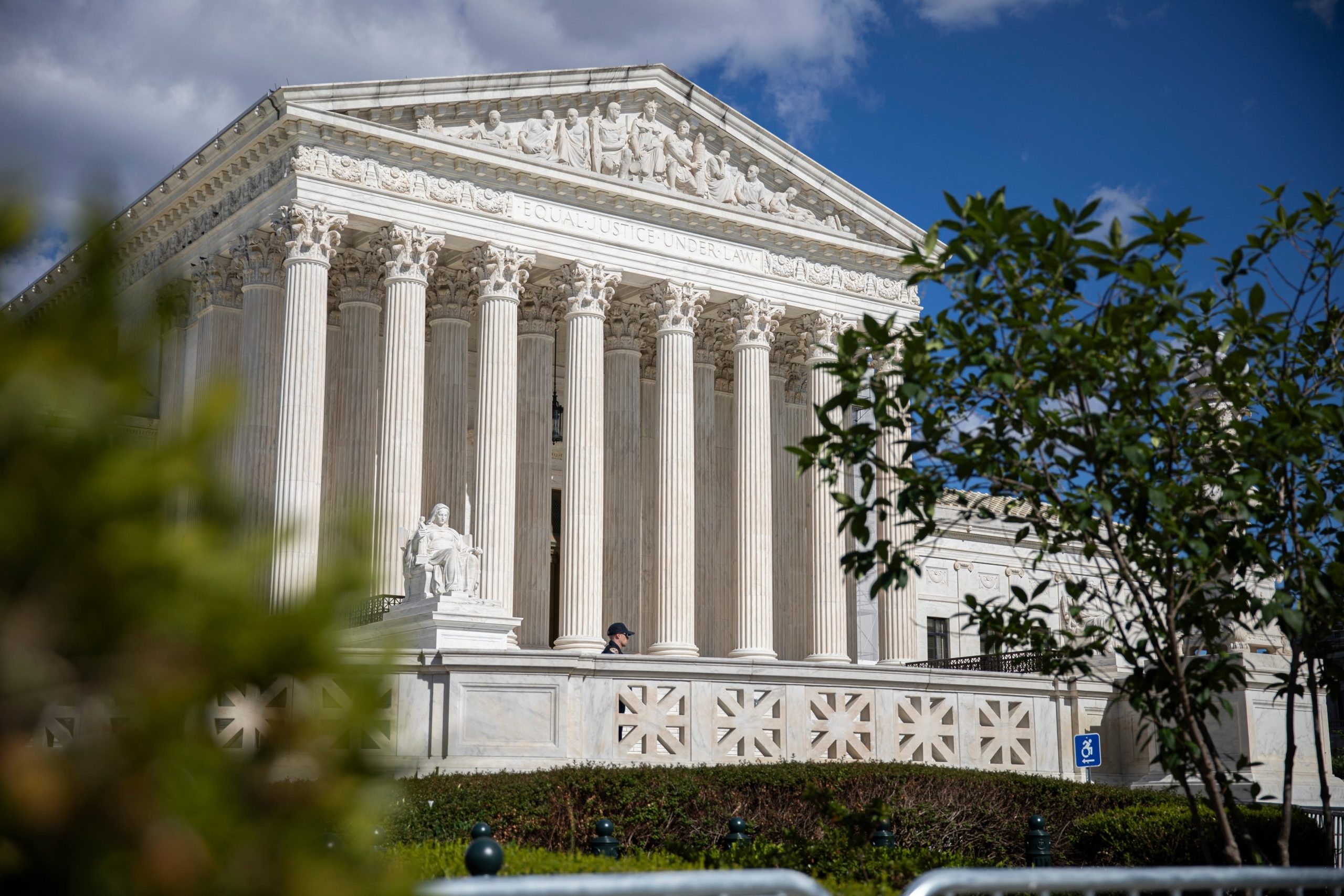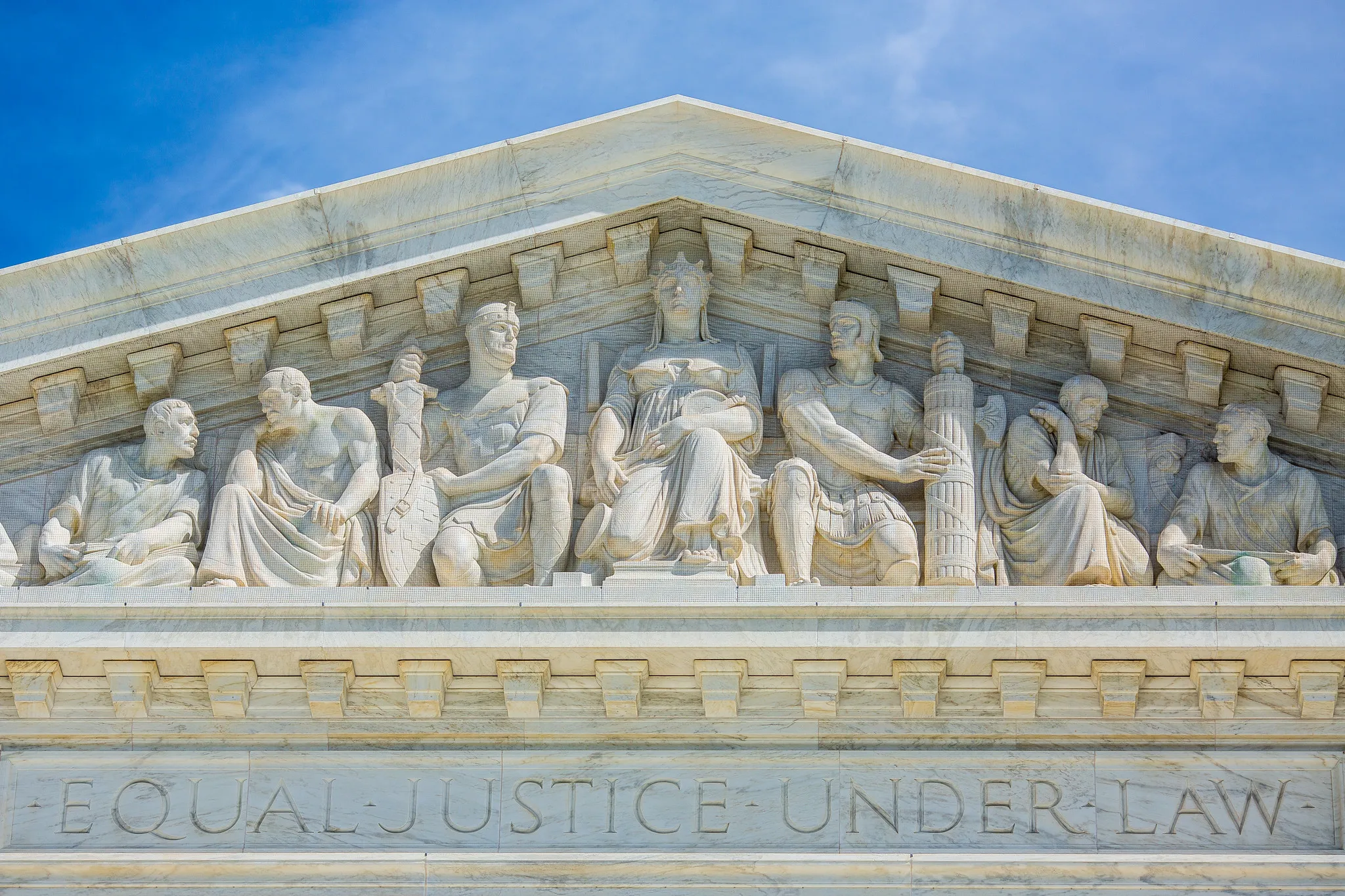The
SCOTUS NEWS
The Supreme Court will hear oral arguments early next year in a case involving a member of one of Chicago’s most prominent political dynasties, a relatively rare capital case, and Mexico’s lawsuit against U.S. gun manufacturers. The On Thompson Thompson Thompson made only one payment on any of his loans, paying $389.58 in 2012; the bank did not ask him to pay anything else.
Washington Federal Bank for Savings shut down in 2017 in the wake of an embezzlement scheme by the bank’s executives, and a few days after the bank’s president died by suicide.
When Thompson spoke with a firm hired by the Federal Deposit Insurance Corporation to collect the money that he owed the bank, Thompson disputed that he owed $219,000 plus interest. Instead, he said, he had borrowed $110,000.
Thompson eventually agreed to repay $219,000 – the amount that he had borrowed, but without interest. He Arguing that he had received special treatment with the loans because of “his status in the community and his role as an elected official,” prosecutors pointed to Thompson’s statements that he had only owed $110,000.
Thompson was convicted and served four months in prison. He Thompson He The latter interpretation, he suggested, “also threatens to criminalize a vast and ill-defined range of statements,” such as those made during mortgage negotiations.
The federal government urged the justices to allow Thompson’s conviction to stand. Thompson, U.S. According The 01 On Friday the court granted that appeal.
Gutierrez was sentenced to die for the 1998 stabbing death of 85-year-old Escolastica Harrison in Brownsville, Tex. Gut The U.S. Court of Appeals for the 5th Circuit reversed that ruling, however, holding that Gutierrez does not have a legal right to sue, known as standing, to bring his challenge.
Gutierrez contended that his case was “indistinguishable” from another Texas man, Rodney Reed, who sought DNA evidence that he maintained would exonerate him. The But the justices agreed to take up his case, which – along with the others granted on Friday – likely will be argued sometime next year.
The other cases granted on Friday are:
Waetzig v. Halliburton Energy Services – Whether a district court can reopen, under Federal Rule of Civil Procedure 60(b), a case that has been voluntarily dismissed under Federal Rule of Civil Procedure 41.
Cunningham v. Cornell University – Whether a plaintiff can state a claim under a provision of the Employee Retirement Income Security Act that bars a plan fiduciary – that is, anyone who exercises discretionary control over a plan or its assets, or gives investment advice to a plan or its participants – from knowingly engaging in a transaction that is an exchange of goods or services between the plan and anyone barred from doing business with the plan, simply by alleging that such a transaction occurred, or whether the plaintiff must allege more – for example, that the service was unnecessary or the compensation was unreasonable.
Ames v. Ohio Department of Youth Services – Whether, in addition to pleading the other elements of a federal employment discrimination claim, a plaintiff in a reverse discrimination case – here, a heterosexual woman alleging that she was the victim of discrimination based on her sexual orientation – must also show “background circumstances to support the suspicion that the defendant is that unusual employer who discriminates against the majority.”
Smith & Wesson Brands v. Estados Unidos Mexicanos – Whether a lawsuit by the Mexican government against U.S. gun manufacturers, arguing that they had aided and abetted the illegal sales of guns to traffickers for cartels in Mexico, should go forward.
FDA v. R.J. Reynolds Vapor Co. – Whether a manufacturer can file a petition for review in a circuit where it does not reside or have its primary place of business as long as it is joined by a seller of its products located within that circuit.
CC/Devas Ltd. V. Antrix Corp. & Devas Multimedia Private Ltd. v. Antrix Corp. (consolidated for one hour of oral argument) – Whether plaintiffs must prove minimum contacts before federal courts can assert personal jurisdiction over foreign states sued under the Foreign Sovereign Immunities Act.
McLaughlin Chiropractic Associates v. McKesson Corp. – Whether in this case the Hobbs Act required the district court to accept the Federal Communications Commission’s legal interpretation of the Telephone Consumer Protection Act.
Barnes v. Felix – Whether courts should apply the “moment of the threat” doctrine, which looks only at the narrow window in which a police officer’s safety was threatened to determine whether his actions were reasonable, in evaluating claims that police officers used excessive force.
BLOM Bank SAL v. Honickman – Whether the stringent standard of Federal Rule of Civil Procedure 60(b)(6), requiring the showing of extraordinary circumstances to justify the reopening of a final judgment, applies to a post-judgment request to vacate a judgment so that an amended complaint can be filed.
Nuclear Regulatory Commission v. Texas & Interim Storage Partners v. Texas (consolidated for one hour of oral argument) – Whether the Hobbs Act, which allows a “party aggrieved” by an agency’s “final order” to seek review in a federal court of appeals, authorizes nonparties to obtain review of claims asserting that an agency order exceeds the agency’s statutory power; and whether the Atomic Energy Act of 1954 and the Nuclear Waste Policy Act of 1982 permit the Nuclear Regulatory Commission to license private entities to temporarily store nuclear fuel away from the nuclear-reactor sites where the spent fuel was generated.
- Perttu v. Richards – Whether, in cases subject to the Prison Litigation Reform Act, prisoners have a right to a jury trial concerning the exhaustion of their administrative remedies when disputed facts regarding exhaustion are intertwined with the underlying merits of their claim.
- This article was originally published at Howe on the Court.






